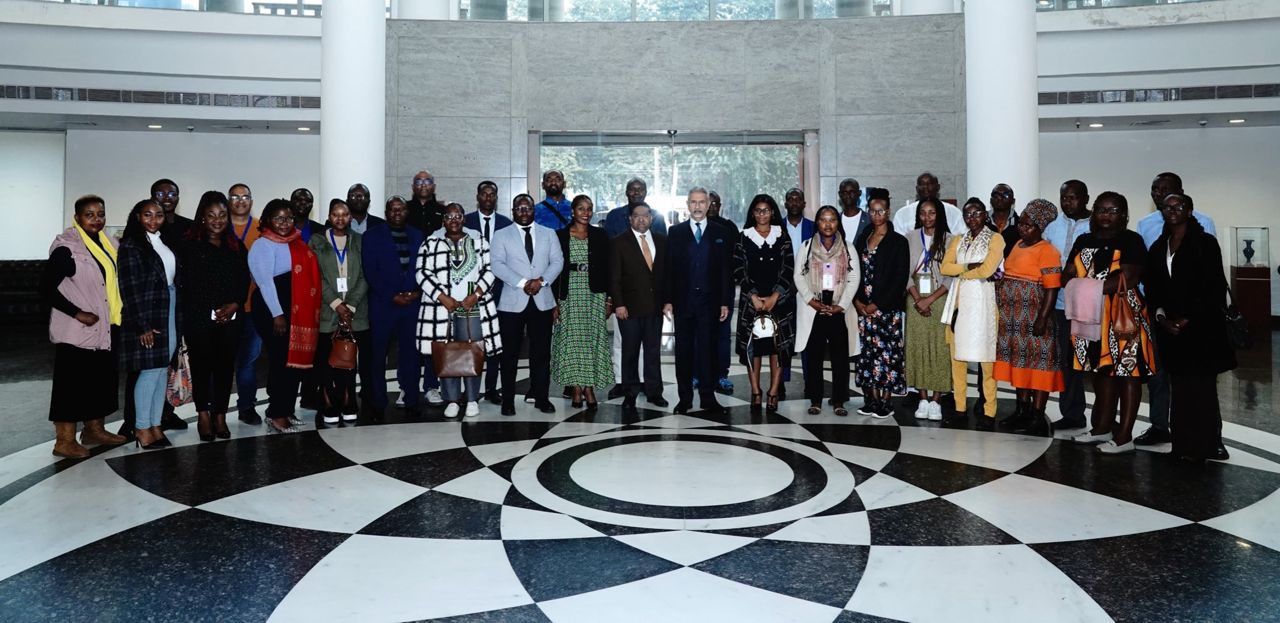Namibia’s overall investment attractiveness has fallen by three points which is being attributed to its mining policy and regulatory matters.
According to Chamber of Mines president, Zebra Kasete, although the country should be proud to still be amongst Africa’s more favourable destinations, it is concerning to see a decline.
“While we can be proud that Namibia is still one of Africa’s more favourable destinations, ranking fourth, it is concerning to note that our score has deteriorated by three points on the absolute score and also on our global rankings,” said Kasete.
This comes after the Fraser Institute Survey of Mining Companies reported that Namibia’s position on the overall Investment Attractiveness Index (IAI) fell by three points from 59 in 2022 to 56 in 2023.
“This shows that Namibia can do better with regards to mining policy and regulatory matters,” Kasete said.
Namibia ranked fourth out of 22 African jurisdictions surveyed on overall investment attractiveness, compared to sixth out of 16 jurisdictions surveyed in 2022. On this index, Namibia was ranked 42 out of 86 jurisdictions surveyed, compared to 38 out of 62 jurisdictions in 2022.
The IAI combines two indexes: the Policy Perception Index (PPI) and the Best Practices Mineral Potential Index. Namibia’s score on the PPI dropped from 69 in 2022 to 68 in 2023.
According to the report, “exploration companies mandated to incorporate local ownership” and “the proposed Investment Promotion Bill which is heightening uncertainty and risk” are some of the factors contributing to the decline.
“With regards to policy matters in 2023, slow progress was made on finalising the Draft Minerals Bill, while government made high-level pronouncements to introduce a state owned free-carry in Namibian mining companies,” said Chamber of Mines spokesperson Lauren Davidson.
Chamber of Mines chief executive officer Veston Malango said the organisation is committed to working with the government.
“The chamber will be engaging the government to de-risk the introduction of the proposed free-carry, and will continue to advocate for the fast-tracking and finalisation of the Minerals Bill along with other pending policy matters,” said Malango.
The index is based on the perceptions of respondents and the decline in Namibia’s Minerals Potential Index can be attributed to competing jurisdictions being ranked more favourably.
Africa’s mining sector showed a mixed picture in the latest survey of mining companies. While the continent’s overall attractiveness for investment has declined, perceptions of mining policies has improved.
The median score for Africa on the IAI dropped by more than nine points, placing it as the third least attractive region for mining investment.
This suggests a decline in overall perception of both mineral potential and government policies.
However, Africa’s median score on the Policy Perception Index (PPI) actually increased by over six points in 2023. This indicates a more positive view of mining-related government policies across the continent.
The survey also saw an expansion in participation, with Kenya, Liberia, Mauritania, Niger, Senegal and Uganda included for the first time.
On the flip side, four African countries – Niger, Mozambique, Zimbabwe and the Democratic Republic of Congo – landed in the bottom 10 based on policy.
These nations also ranked among the least attractive overall, with Niger at the absolute bottom (86th). Worryingly, Zimbabwe has been in the bottom 10 for a decade.
Botswana emerged as the top-ranked African jurisdiction based on policy, securing fourth position globally on the PPI.
Stay informed with The Namibian – your source for credible journalism. Get in-depth reporting and opinions for
only N$85 a month. Invest in journalism, invest in democracy –
Subscribe Now!







